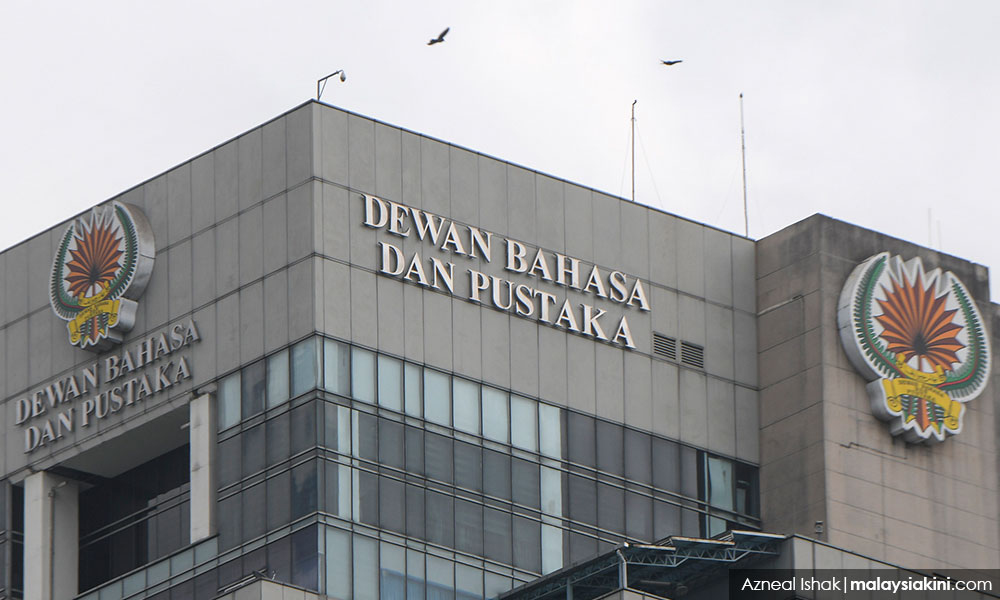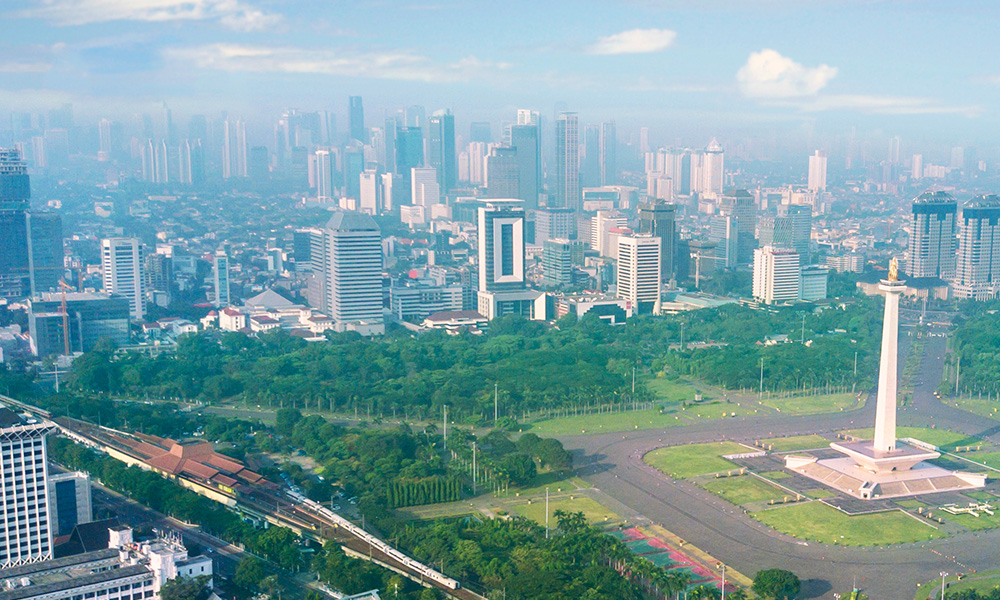In Writing Against Neocolonialism, published in 1986, the Kenyan writer Ngũgĩ wa Thiong'o found himself grappling with the question of language, and the uncertainties about how literature was to be operationalised.
For while the works of Wole Soyinka, Chinua Achebe and Sembene Ousmane, for instance, were incendiary and “assertive in tone . . . (about) Africa explaining itself, speaking for itself, and interpreting its past”, the languages that the writers used were often those of the former colonial languages, English, French or otherwise.
Political independence did not mean complete independence, whatever the case the former colonial master would retain its deep hold, not just of the economy but also in the intellectual sphere.
This has been a concern for generations of postcolonial writers and intellectuals, its heritage including those such as Frantz Fanon and Albert Memmi. “For the African writer, the language he has chosen already has chosen his audience,” Ngũgĩ continues.
The solution to this, many reasoned as independence became less of a distant daydream and more of a reality, would perhaps be the reformulation and promotion of an indigenous language. And with this, the spectre of language control and planning forms the background to the ordinary discourse and conversations in daily life.
Debates over official languages and purity have been actively tied to the construction of the identity of the nation-state, particularly when it comes to constructing a new state from the means available, trying to follow-up successfully to what came before.
But independence cannot do away with the fraught uncertainties of the reliance on the metropole so easily. Even if political emancipation had been achieved, charting the young state’s own identity in relation to its reality is always a work-in-progress.
Dewan Bahasa dan Pustaka
Similarly for Malaysia, the question of language is steeped in politics. Dewan Bahasa dan Pustaka would play a key role in an environment where the Malay language would have to be modernised and equipped with the workings of a world language to serve the needs of independence.

Rachel Leow’s Taming Babel charts this journey in fascinating detail, and as she writes, the ethos of the time was as follows: “Melayu would be the sole national and official language [...] that a single language of communication is indispensable to the achievement of political community and ‘national unity”.
Its efforts to forge a planned language for the bureaucratic state had old roots, where the rationalisation and transformation of the Malay language had begun during the colonial period, supported by both the colonial administration and the local intelligentsia.
A form of “pure” Malay had been identified as a basis – in this case, it was the Riau dialect which the Dutch found useful as a standard lingua franca through which they would communicate with their subjects in what would become Indonesia.
Initially, DBP’s early conception was to purge loanwords insofar as possible but in practice, this meant drawing upon obscure words and formulations that bore little resemblance to what was actually spoken on the ground. Was this the only possible approach though?
Even back in 1931, the magazine Majallah Guru had confidently asserted that the hybridity of the language. In Leow’s translation of an article from January 1931, an article reads: “Malay is so hybrid that it cannot possibly be lost, for how do you lose a hybrid?”
The 'Engmalchin' initiative
Regardless of the artificiality of DBP’s project, as the 1950s came around, the Malayanisation policy employed by the British would enter the form we recognise today. English was to be displaced as the fledgling national language, and along with it the utopian aims of "Engmalchin", which was originally formulated in the campus of the University of Malaya, then based in Singapore.
Utopian in its aims, it sought to capture the sounds and sensibilities of English, Malay and Chinese, and as its name suggests, it was meant to better reflect the identity of the region. Yet it was a project that was limited in scope and scale and unfortunately it did not last for long.
The Sinologist Wang Gungwu, who was heavily involved in the Engmalchin initiative, recollected that there was some uncertainty even if the young writers just stuck to writing in English, especially in the anticolonial atmosphere of the time.
As he recollected in a later interview with the writer Robert Yeo, published on s/pores website, there was "a kind of mental block, a nationalist, anti-colonialist block that led us to think that […] we are not writing for you lot, you know. We’re writing for our lot - and our lot is very small, and not getting any larger."
There isn’t necessarily a right or wrong in this debate. The more important question may be how we deal with the situation we find ourselves in today and how we can navigate the plurality of languages on the ground. Is the solution closer to Singapore’s four official languages or is there another one?
While this question has been argued over and much debated, the practice of constructing languages is by no means a unique situation. The deliberate construction of languages to fit with the goals of the nation-building project took place all over the 20th century.
We have the promotion of Mandarin in republican China, completing the centuries-long process by which the imperial court had tried to instill order, although it would take years after the formation of the republic before Beijing Mandarin was settled upon as the national language.
There were also the changes to the Turkish language through the work of the Turkish Language Association in the wake of Mustafa Kemal Atatürk’s rise to power, sweeping away the heritage of the vanished Ottoman past. There is the more recent formulation of the Filipino language separating it further from its roots in Tagalog.
The Indonesian experience was particularly unique, in the sense that a language that was native to only a small proportion of the republic’s future citizens was to take the pride of place. Not Dutch, spoken only by the elites and colonial administrators, or Javanese, despite being the most widely spoken language in terms of native speakers.

The Sumpah Pemuda of 1926 decided that language of administration, trade and communication between the islands would be used as the new national language, thus began the transformation of the Malay language into a unifying Bahasa Indonesia.
But perhaps one of the more painful examples of this process could be seen after the Partition in India. In his exploration of the notions of class, opportunity and inequality in New Delhi, a city deeply shaped by the violence that followed in its wake, Rana Dasgupta recollects briefly in Capital: The Eruption of Delhi, the widening divide between the Hindi and Urdu languages, one which goes back to the colonial period.
Hindi saw the purging of its collection of loanwords, “replacing them with words retrieved or coined from Sanskrit.” In the post-independence era, having superseded Urdu in administrative matters, the reconstituted language was to be watched over by its own bureaucracy, the Central Hindi Directorate.
Separated from its close linguistic relation, Urdu, which underwent its own process of reform, roughly in the opposite direction, was closely identified with Pakistan.
The result was a deliberate break from the dynamic linguistic past of the city and by extension the country’s past. Language can become a tool to unite or divide, as a marker of identity and affiliation, shaped by the politics of its times. - Mkini
WILLIAM THAM WAI LIANG is an editor at Gerakbudaya and the author of two novels. His new novel, The Last Days, is set in 1981 and covers the continuing legacy of the Emergency. His first book, Kings of Petaling Street, was shortlisted for the Penang Monthly Book Prize in 2017.
The views expressed here are those of the author/contributor and do not necessarily represent the views of MMKtT.



No comments:
Post a Comment
Note: Only a member of this blog may post a comment.